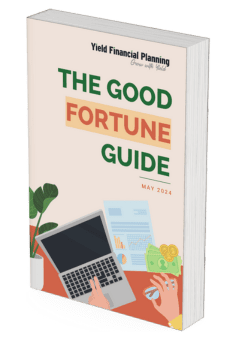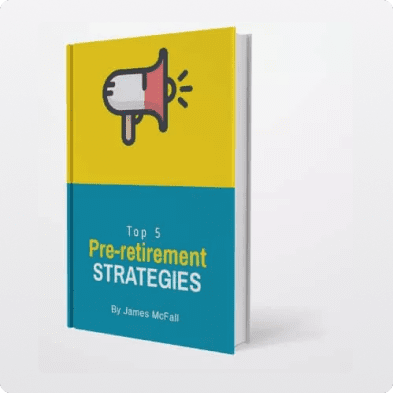As a Financial Planner of 16 years, I have helped a number of clients work through the intricacies of how to recover financially from divorce or a de-facto breakdown. The process of disentangling financially is challenging, even when only looked at objectively in a financial sense, but during a divorce or separation it is made considerably more complicated by emotional complexities, which may also include the impact to children.
There are a number of observations that I have made over my time advising clients about recovering from divorce or separation financially and I hope the following 8 steps can help provide some direction to people trying to plan a way forward:-
- Understand what is important to you as an individual – in a marriage or long term relationship lives become intertwined. We typically take on responsibilities for the relationship and make personal compromises to achieve common goals. You now need to focus on what is important to you. What do you value most in life? What do you want to achieve personally? What are your financial goals? Write these down, even if it takes you weeks or months. The answers to these questions are the key to planning and picturing the future you want.
- Don’t rush – You’ve just been forced to make a lot of decisions in an emotionally charged time, to finalise the divorce or separation. The outcome of which is that both you and your former spouse are probably behind where you would have been as a couple financially. Reasons for this include fees and taxes that would not have been incurred if you had not separated. Now that you are through the separation, it’s wise to ensure the decisions you make from here are made with the longer term and your goals in mind. Financial mistakes are costly and, given this financial set back, it’s even more important that you make the decisions you make following divorce or separation count.
- Budget – you need to get in touch with your own personal economy. How much do you save currently? How much could you save? Simply spending the way you have been used to, may not be an option and doing so may have serious knock on effects for the future. Getting on top of your budget and identifying a savings groove, creates cash flow for investing towards your goals. There is lots of technology around now (i.e. Apple, Android and Microsoft based), that helps with budgeting, so it doesn’t just need to be the old laborious excel spreadsheet. Look around for a solution that’s right for you or seek advice on this.
- Review your superannuation – Superannuation is a non-estate asset and is therefore not passed on through a Will. Super is instead passed on by the trustee of the fund. The trustee is normally guided on who they pay to, based on a nomination you made when you set up the fund, which if you haven’t reviewed it could be your former spouse. If your nomination is ‘binding’ then the trustee is obliged to simply pay your super proceeds in line with the nomination, which could mean it is passed to your an ex-partner with nothing your estate can do about it.
- Review your insurances – Now you are single, your needs have changed. You may have more cover than you need or you may not have enough. Life insurance is a good example of this, given the benefit is for those you leave behind and therefore you may not have any need at all for this anymore. Getting your risk management strategy right for your current situation is extremely important to ensure that you have appropriate protection and that the cost is right. As Life insurance is usually in super, it is also again extremely important to ensure you check who your beneficiary is, as the rules of super apply the same to life cover owned in super.
- Develop a wealth plan – Your wealth plan is a plan for how you use your capital and the cashflow you’ve identified you have available, to achieve the goals you’ve quantified as important, including how you can achieve a comfortable retirement. Your plan should include a customised investment strategy that is considerate of your risk comfort, age and investment time horizon, as well as your desired return outcomes. The plan provides a set framework for buying and selling investments and should be monitored ongoing, to benchmark performance and make ongoing investment decisions, so as to effectively manage change. Part of this decision making process, could include whether to buy a new family home and for how much. The purchase of a home is usually the single biggest expense that does not contribute to income needs and given the purchase costs and sale costs are so expensive, it is preferable that there are as few property changes in your life as possible.
- Review your Will – your lawyer has probably already reminded you of this, but if you haven’t actioned it yet it is extremely important that you do. Drafting your Will to reflect your current thinking about how you would like to leave your estate will simplify how your loved ones can distribute your estate if something happens to you. If you don’t define how you would like to leave your assets when you are gone, the laws of the land will decide for you and this may involve a legal dispute over an old Will.
- Consider partnering for advice – Legislation, Investment markets and your personal circumstances are constantly changing, so finding the right professional or professionals will help you on your way .
To understand more about how to create your financial plan click here.
Written by James McFall – Financial Planner and founder of Yield Financial Planning.

















